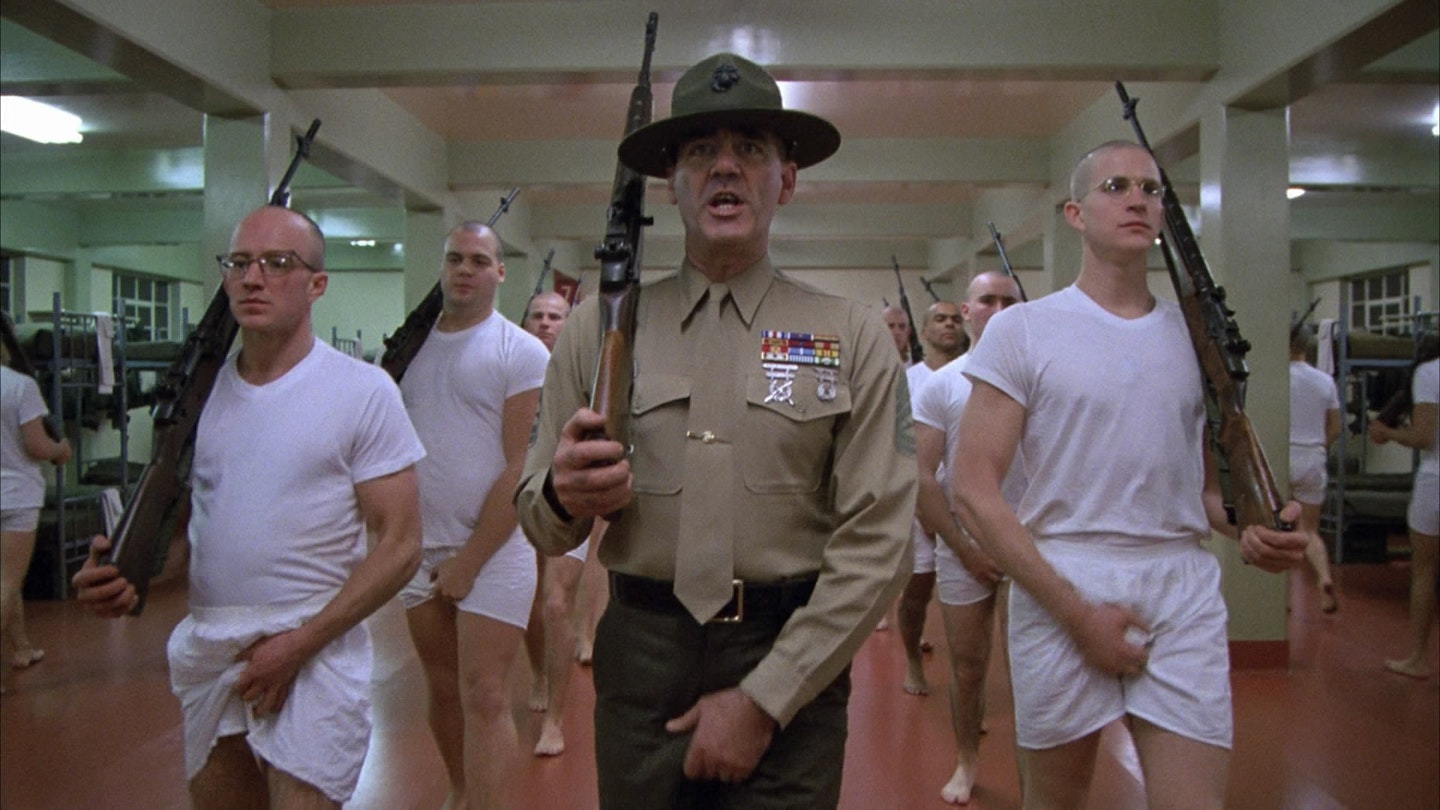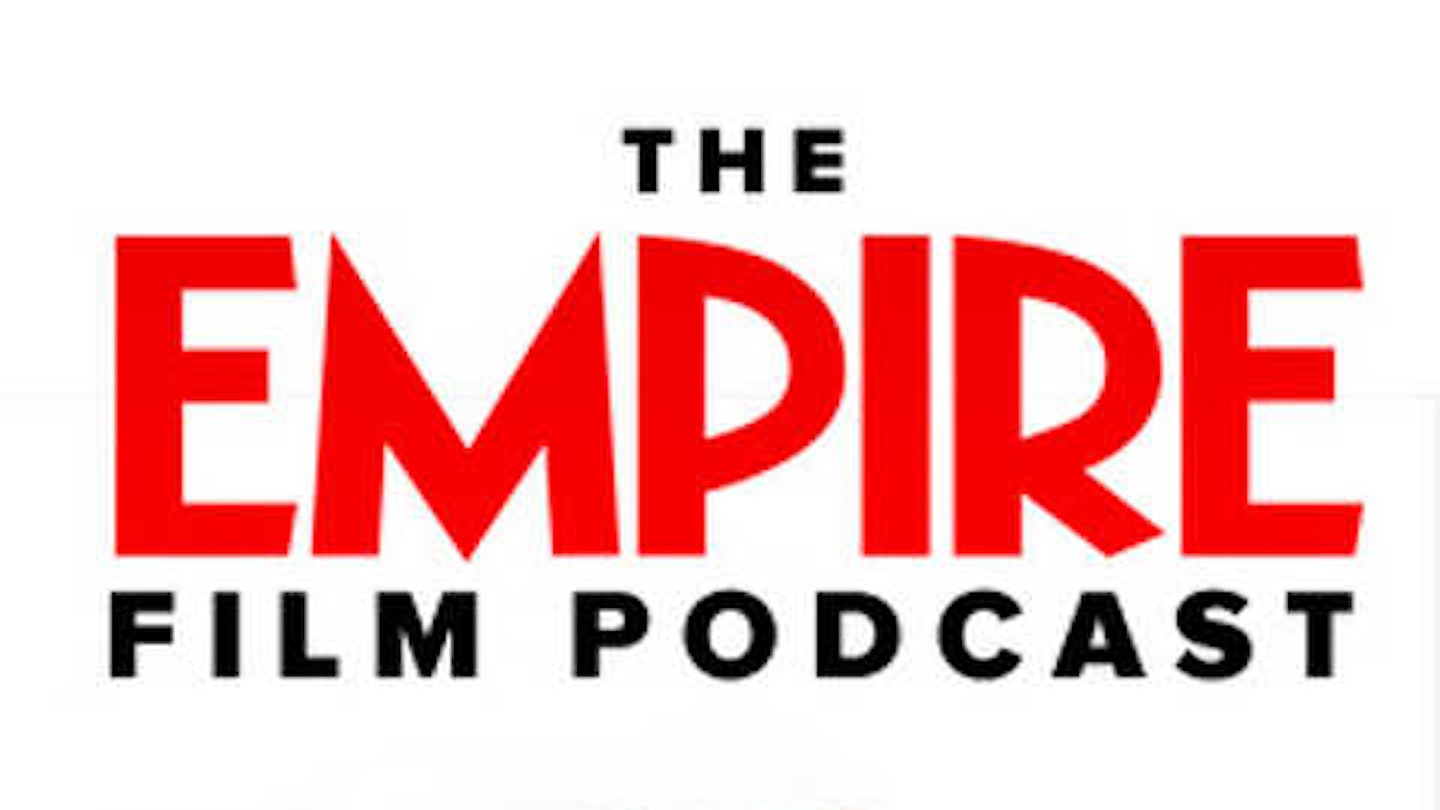Divided like a rift into two distinct halves, Stanley Kubrick’s examination of the Vietnam conflict found him on unusually inconsistent form; the film is both powerful and frustratingly unengaged. In the first section, the boot camp, the great intellectual exalts in the dehumanising process of turning greenhorn boys into killing machines.
R Lee Ermey’s staggering performance as a drill sergeant pounds into these young men like a bulldozer, and in the case of Private “Gomer”, (Vincent D’Onfrio — fat, dangerous, a walking powder keg) the pressure will become too much. These barrages of abusive language and intimidation are supposed to burn survival into these empty vessels, but Kubrick is divulging a process of brutality to match the moral objections of the conflict itself. In Gomer’s self-destruction, the seething necessities of war are barbarities in themselves — conform or die.
Once away from the bullying of training and into the fragged cities and casual death of Vietnam itself, stunningly envisioned on an old gasworks in London’s East End, Kubrick seems bereft of purpose. He’s made his chilling point, that a solider must shed his humanity and become a machine, and now Modine’s wide-eyed thinker contends with the battlefield itself and the film sinks into a guarded examination of muddy methodology. Is it that the state of this war is too politically messy for Kubrick’s contemplative gaze? Modine’s Joker has too astute a mind to be an innocent, and his cumbersome narration covers Kubrick’s highly designed — it is bloody and beautiful but never surreal or horrifying — but strangely empty variation on this “phony war”.

